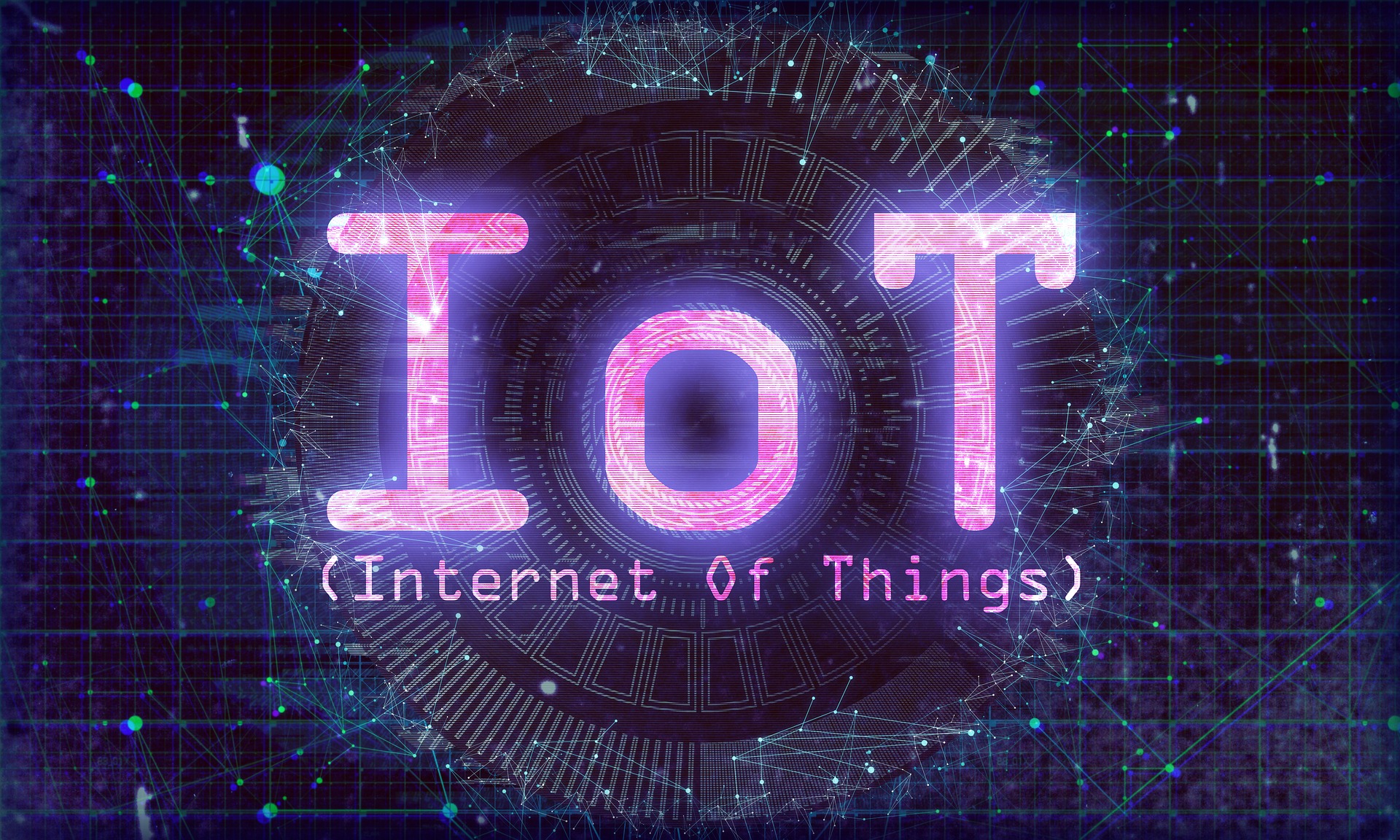
唐代人物大數據 : 中國歷代人物傳記資料庫(CBDB)和數位史學
23 September 2020
Establishing the Innovative Spectrum Policies to support the 5G, IOT, and AI Ecosystem : Case of Taiwan
23 September 2020Depolarization through Social Media Use : Evidence from dual identifiers in Hong Kong

Principal investigator: Dr KOBAYASHI Tetsuro (Department of Media and Communication)
Despite the concern that partisan selectivity in the political use of social media leads to mass polarization, the empirical evidence is mixed at best. Given the possibility that these inconclusive findings are attributable to moderators in the process that have not been adequately studied, this article elaborates the roles played by different forms of social identities. By analyzing three datasets collected in Hong Kong, where Chinese and Hong Kongese identities are constructed in a nonmutually exclusive way, this study demonstrates that (1) partisan selectivity in media use is reliably detected among those with single Hong Kongese identity, but not among those with dual identities of Hong Kongese and Chinese, (2) the political use of social media polarizes the attitudes and affects of single identifiers, whereas it has depolarizing effects on dual identifiers, and (3) these contrasting effects on polarization between single and dual identifiers have downstream consequences for political participation.
Click here to read more.

